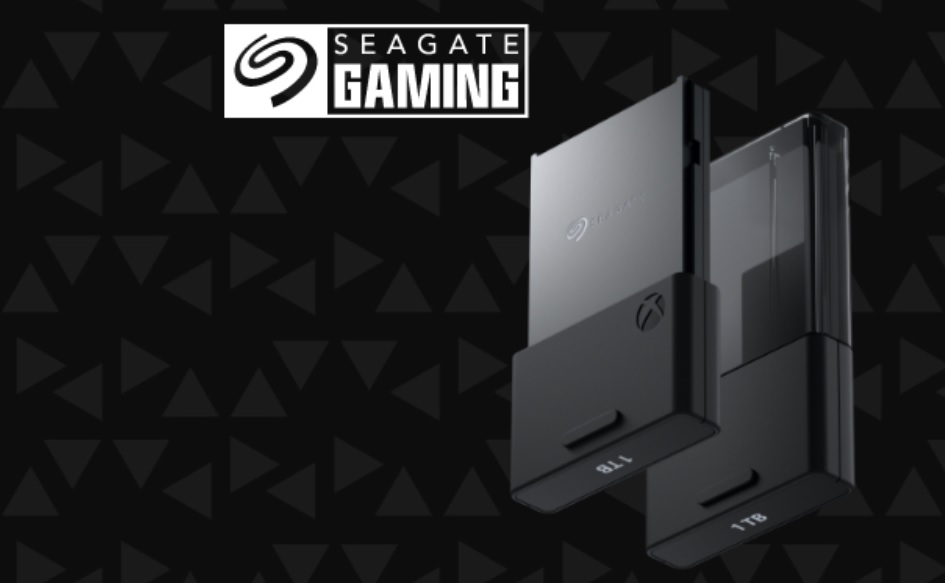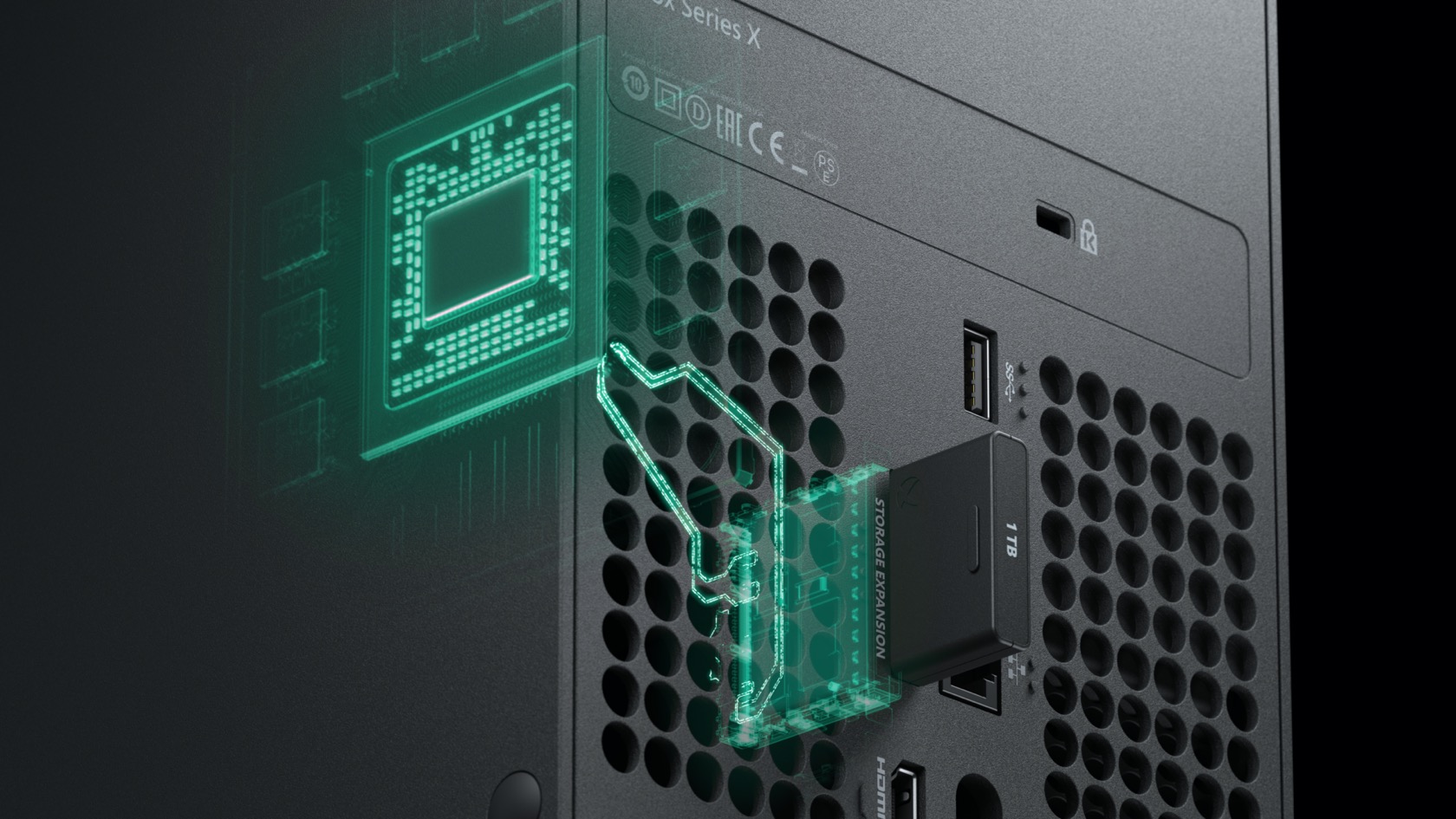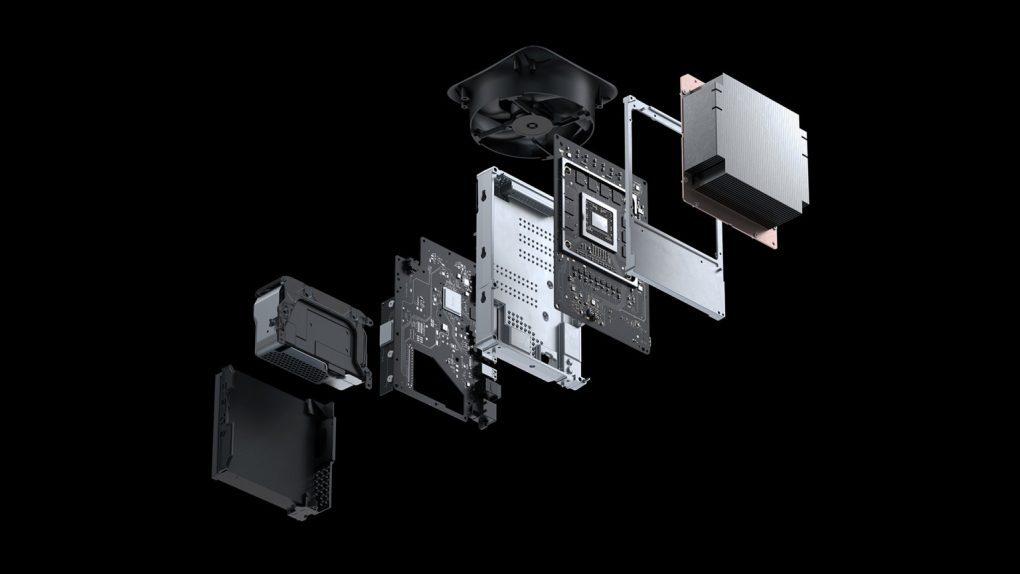- Xbox Series X’s specs include fast SSD storage thanks to a 1TB custom NVME solid-state drive that offers better performance than most laptop SSDs.
- Given the increasingly larger size of new games, 1TB might not be enough for many gamers so Microsoft is offering buyers two ways to expand storage.
- The Expansion Card is easily one of the Series X’s highlights, given that it’s an external SSD that can match the performance of the built-in disk.
- Visit BGR’s homepage for more stories.
Microsoft on Monday surprised Xbox fans for the third time in a matter of months with a massive Xbox Series X announcement. And unlike in mid-February, when certain key specs were left out of Microsoft’s announcement, the company has now revealed almost everything there is to know about its 2020 console. All we need now is an actual release date and a price, and the Xbox Series X is good to go. The coronavirus pandemic is expected to hurt the actual launch though, and we could see delays or at least stock shortages, of course. Now that we know all of the Series X’s secrets, we can safely say that one of the most exciting new Xbox innovation is a device we didn’t see coming, and it’s probably not what you think.
As we’ve already explained in great detail, the new Xbox will be significantly faster than previous-gen consoles thanks to a combination of next-gen parts, including the CPU and GPU combo, the fast RAM, and the high-speed solid-state drive. The Xbox Series X SSD will offer users 1TB of super-fast storage, but that might not be enough for gamers who install plenty of titles on their machines.

Microsoft already has two fixes in place, and both of them concern expandable storage. The simplest way to boost storage space is exactly what you expect. You can connect an external drive to your console via USB, and the Xbox Series X supports USB 3.2 speeds. But the second type of expandable storage is the exciting Xbox feature I was talking about.
It’s an external SSD that fits inside a special connector on the back of the console and provides precisely the same type of fast storage as the built-in NVMe SSD inside the Xbox. It also comes in a single capacity, 1TB, which matches the internal storage.

Why is a proprietary expansion card that will probably be pretty expensive so exciting? Because it’ll offer the same PCI Express 4.0 speed as the internal SSD, which means that any games stored on it will be just as fast as games on the internal SSD. And that internal SSD is much faster than most SSDs found in laptops and desktops right now.
You’ll need that type of storage for Series X games, as a Microsoft spokesperson told The Verge:
You can continue to use your existing USB 3.1+ external hard drives on Xbox Series X, and you can run Xbox One, 360, and OG Xbox games directly from the external USB HDD. Games optimized for Xbox Series X and the Velocity Architecture need to be run from the internal SSD or the Expandable Storage Drive.
Seagate will be the exclusive manufacturer of the Expansion Card for the Xbox Series X, but we’ll probably see other SSD vendors partner with Microsoft on similar cards after the new Xbox is released. After all, brand new games are only getting bigger, and Series X’s base storage already feels like a compromise between price and performance. Sooner or later, gamers will have to buy Expansion Cards.
Those Expansion Cards, by the way, are a lot smaller than you’d think, which is another interesting detail about this particular type of storage innovation:
You can continue to use your USB 3.1+ external hard drives on Xbox Series X & run Xbox One, 360 and OG Xbox games directly from the external USB HDD. Games optimized for Xbox Series X & Velocity Architecture need to be run from the internal SSD or the Expandable Storage Drive
— Larry Hryb 🏡🎮☁ (@majornelson) March 16, 2020
It’s unclear whether the PS5 will have a similar feature, but we might find out tomorrow when Sony finally reveals the PS5 during a special live stream. Recent Sony patents suggested Sony was working on a solution like this, but the storage cartridges that looked like SSD housings turned out to be game cartridges for a Sony device not widely available.








